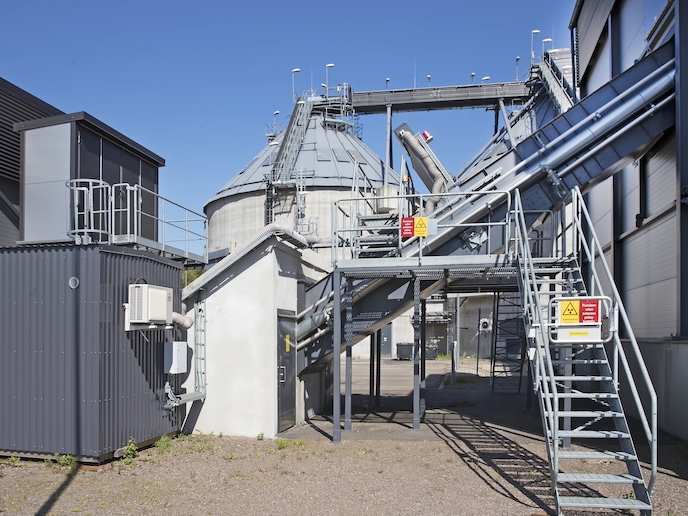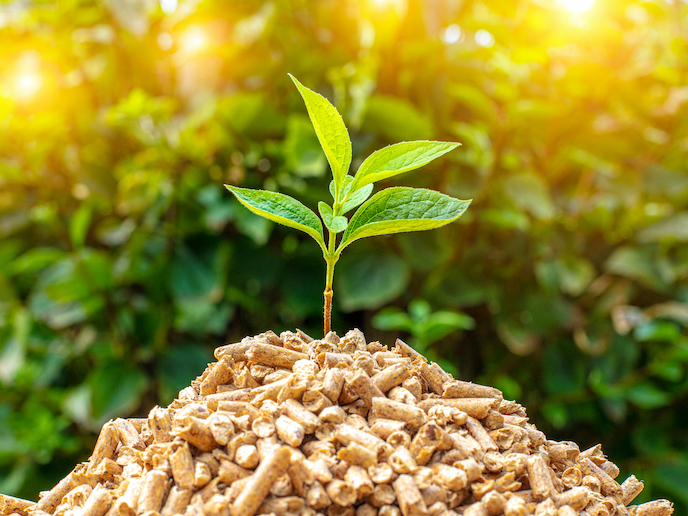The poplar tree: a popular choice for biofuels
Biomass represents an important alternative to fossil fuels. Trees such as the poplar are particularly attractive as dedicated energy crops because they can be grown on marginal lands and have desirable growth characteristics. Through the 'Enhancing poplar traits for energy applications' (ENERGYPOPLAR) project, EU-funded science has uncovered various genetic processes involved in the growth, yield and structure of the poplar tree. Researchers were looking specifically at the mechanisms responsible for cellulose production because a higher cellulose content results in more efficient biofuel. But plant material is also made up of a harder substance known as lignin, so the scientists simultaneously looked at ways to reduce lignin production. Among a long list of significant findings, they were able to identify several genes potentially involved in the growth of roots and stems as well as in lignin production. The team also developed ways to measure lignin and cellulose. Naturally occurring low-lignin gene mutants were found as well, which opens up new avenues for breeding low-lignin cultivars without genetic engineering. Along with the genetic work on the poplars, researchers assessed the environmental and economic sustainability of the tree under various scenarios. One focus here was on identifying varieties that use water more efficiently. The ENERGYPOPLAR project applied a holistic biological approach to optimise the yield, composition and cell wall structure of the poplar tree for efficient biofuel production. It also developed new varieties with enhanced growth traits under low-input environments. These advances are important since biofuel is set to become a vital part of the EU's climate change mitigation strategy.







